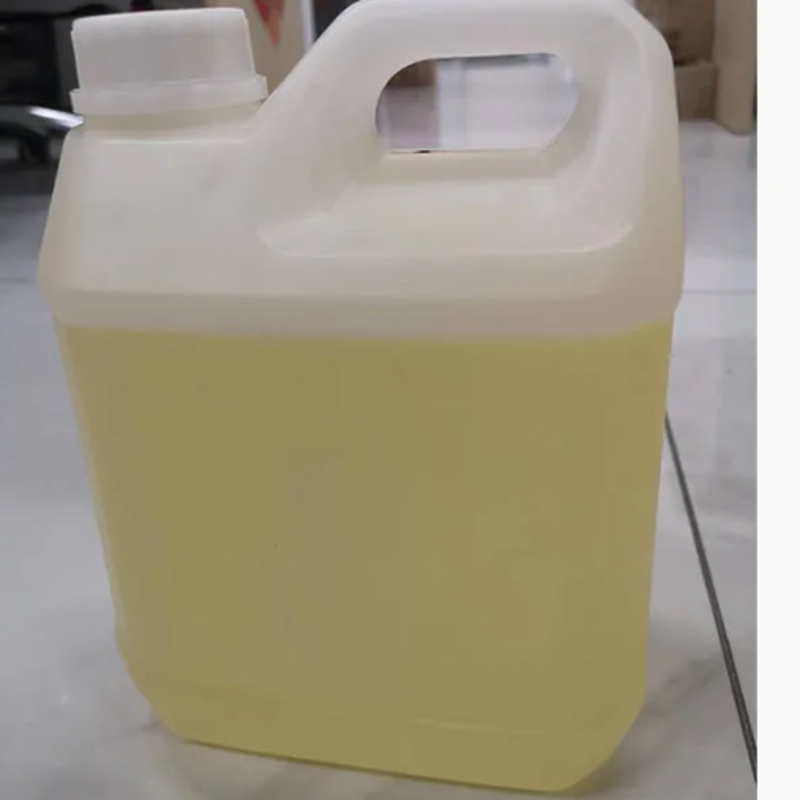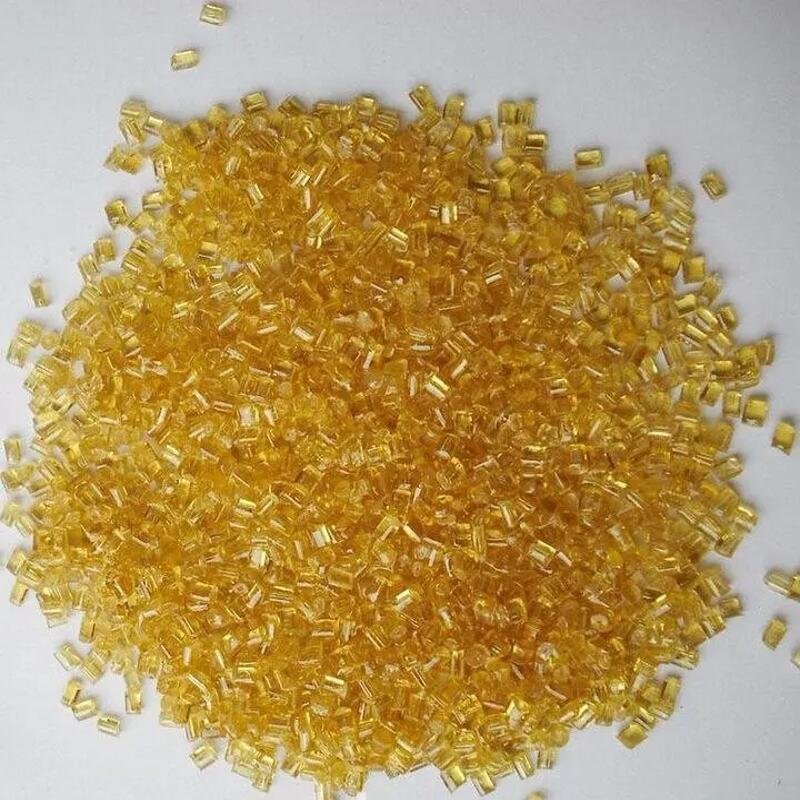-
Categories
-
Pharmaceutical Intermediates
-
Active Pharmaceutical Ingredients
-
Food Additives
- Industrial Coatings
- Agrochemicals
- Dyes and Pigments
- Surfactant
- Flavors and Fragrances
- Chemical Reagents
- Catalyst and Auxiliary
- Natural Products
- Inorganic Chemistry
-
Organic Chemistry
-
Biochemical Engineering
- Analytical Chemistry
-
Cosmetic Ingredient
- Water Treatment Chemical
-
Pharmaceutical Intermediates
Promotion
ECHEMI Mall
Wholesale
Weekly Price
Exhibition
News
-
Trade Service
On the 22nd, Lori Ryerker, chairman and CEO of Celanese, said on the company's Q3 earnings conference call that due to the continued shortage of automotive chips, the demand for goods in the automotive industry next year will be the same as in 2021
.
But Celanese expects a 15% growth in the auto industry next year as the company increasingly focuses on the production of separators for electric vehicles and lithium-ion batteries
.
"If you look at the industry and the global market, we expect auto manufacturing to be flat year-over-year in year-over-year growth," she said on the earnings call.
Europe is close, and the U.
S.
is in between
.
”
That's a growing consensus among many in the industry, she said
.
"While we all hope that the chip shortage situation will improve, most of the information now available from people who know it is that the chip shortage situation may not improve until the end of next year
.
"
The shortage of computer chips is global, affecting car production in the U.
S.
and around the world for months
.
Semiconductor chips are critical to production because they are used to control engines, anti-lock braking systems, power steering, fuel monitoring systems, and heating and air conditioning
.
Celanese began diversifying its portfolio a few years ago into electric vehicles, batteries and some medical applications
.
The company's engineered materials unit produced a 2% decline in production in the third quarter from the second, as the business tried to offset a loss of about 8,000 tonnes of production due to a further decline in global auto manufacturing rates due to procurement constraints and semiconductor shortages
.
The company has "quickly pivoted" away from the traditional automotive business and focused on high-volume, high-margin projects, Ryerker said
.
About 10-15% of its engineering materials portfolio is now earmarked for electric vehicles
.
The company expects the medical industry to continue to grow
.
Some medical applications stagnated during the quarter, but the company saw growth in products such as wearables and inhaler use in Asia
.







